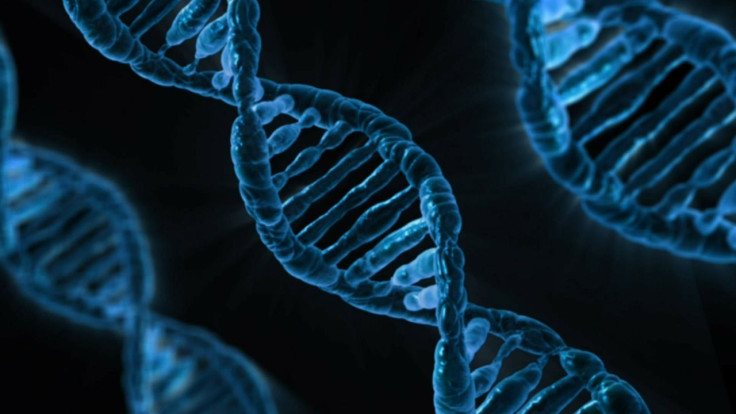Drug-Resistant Cancers: These 4 Genes Make Cancers Grow And Spread Like Stem Cells

When we hear the words “stem cells,” we normally associate them with stem cell-based cancer treatments, or rehabilitation of certain parts of the body. But there can be bad stem cells too — the ones that are cancerous and nearly impossible to destroy. One of the biggest challenges in cancer research now lies in finding new therapies to eliminate cancer stem cells, as in many cases they seem to be the root of the problem.
Now, in a new study, researchers from Georgetown University have identified four related genes that cause cancer cells to act like stem cells, which underly certain aggressive cancers. These particular genes give cancer cells the ability to grow like stem cells, multiplying and spreading more robustly than regular cancer cells. The results may provide insight into certain types of cancers that are resistant to treatment and difficult to cure.
After examining 130 gene expressions in 10 solid cancers — or cancers in solid organs such as the breast, versus the blood — the researchers pinpointed four genes in the Ly6 family. When these four genes were overexpressed in cancer patients, the patients had a much lower rate of survival.
“These are remarkable findings,” Geeta Upadhyay, research assistant professor of oncology at Georgetown Lombardi Comprehensive Cancer Center, said in the press release. “We believe this family of genes produces cancer that easily metastasizes, is drug resistant and very difficult to destroy.”
Not all cancer cells are created equal — according to the stem cell theory of cancer, some cancer cells are normal and others are stem cells, meaning they can reproduce consistently and resist treatment, renewing themselves in various parts of the body. This theory thus infers that if many cancers are sustained by groups of cancer stem cells, cancer can’t be eliminated without killing the stem cells.
“An analogy would be a weeding technique that is evaluated based on how low it can chop the weed stalks — but no matter how low the weeds are cut, if the roots aren’t taken out, the weeds will just grow back,” the Ludwig Center for Cancer Stem Cell Research and Medicine states on its website.
Upadhyay has been studying cancer stem cells for quite some time, and her current work builds upon past research. In 2011, she was working on a mouse gene called Sca1, which was used to identify cancer stem cells in animals, and found that Sca1 triggered the production of stem cell-like features in cancer cells. When she put Sca1 to the test in humans, she found that the Ly6 gene family was Sca1’s counterpart in humans — it was structurally similar, and behaved the same way in contributing to production of cancer stem cells.
In the most recent study, Upadhyay and her team focused on the Ly6 gene family. They found that four of the genes — Ly6D, Ly6E, Ly6H, and Ly6K — are all expressed in bladder, brain, central nervous system, colorectal, cervical, ovarian, lung, head and neck, pancreatic, and prostate cancers (one recent study found that invasive bladder cancer may derive from a single stem cell type). Overexpression of these genes was linked to reduced survival rates in certain cancers.
If doctors can identify high expression of these genes, they’ll be able to better target certain patients, and researchers can begin work on new drugs. “Correlation between Ly6 gene expression and poor patient survival in multiple cancer types indicate that this family of genes will be important in clinical practice — not only as a marker of poor prognosis, but as targets for new drugs,” Upadhyay said in the press release.
Source: Upadhyay G, Luo L, McGarvey P, Gusev Y, et al. Oncotarget, 2016.
Published by Medicaldaily.com



























